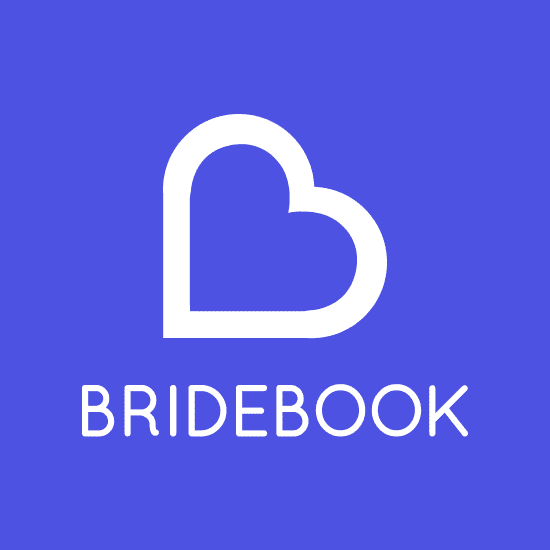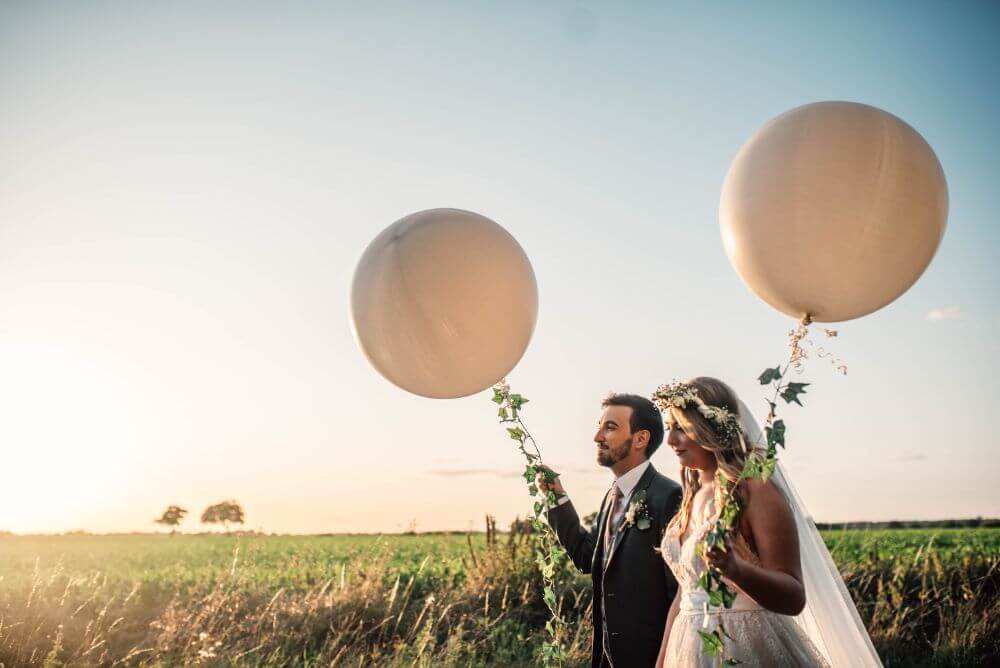Government Guidelines for Restarting Weddings


Excerpts and links to relevant guidelines for wedding venues – updated Tuesday 21st July 2020
Government update Friday 17th July: From 1 August, small wedding receptions will be able to take place – this means sit-down meals for no more than 30 people and subject to COVID-19 Secure guidance.
Original article – published Thursday 16th July
On 23rd June, the Prime Minister announced that lockdown guidelines would be relaxed beginning on 4th July to enable weddings to restart at a restricted level. Further guidance was issued on 24th and June 29th June to provide additional clarity, and instructions for NHS Test & Trace support was issued on 2 July.
We are thrilled about the great news that our industry is finally able to host weddings again, and these guidelines represent a starting point from which we can begin working again. Below are a few links to Government guidance for your review. The guidelines are filled with recommendations on re-opening protocols and restrictions that will vary in relevance to each of our industries and individual businesses. We encourage you to read the Government guidelines thoroughly to identify how they apply to you.
- Prime Minister’s statement to the House on COVID-19 (published 23 June 2020)
- Guidance: Coronavirus outbreak FAQs: what you can and can’t do after 4 July (updated 24 June 2020)
- COVID-19: Guidance for small marriages and civil partnerships (published 28 June 2020)
- Maintaining records of staff, customers and visitors to support NHS Test and Trace (Published 2 July 2020)
Key details from guidelines:
Prime Minister’s statement to the House on COVID-19 (published 23 June 2020)
See excerpts (and please read the full linked document):
- Social distancing: “Where it is possible to keep 2 metres apart people should. But where it is not, we will advise people to keep a social distance of ‘one metre plus’ meaning they should remain one metre apart, while taking mitigations to reduce the risk of transmission.”
- Business risk reduction: “We are today publishing guidance on how businesses can reduce the risk by taking certain steps to protect workers and customers. These include, for instance avoiding face-to-face seating by changing office layouts, reducing the number of people in enclosed spaces, improving ventilation, using protective screens and face coverings, closing non-essential social spaces, providing hand sanitiser and changing shift patterns so that staff work in set teams.”
- Gatherings: “We advise that from 4 July, two households of any size should be able to meet in any setting inside or out. We are not recommending meetings of multiple households indoors because of the risk of creating greater chains of transmission. Outside, the guidance remains that people from several households can meet in groups of up to six.”
- Hospitality: “All hospitality indoors will be limited to table-service, and our guidance will encourage minimal staff and customer contact.”
- Track & Trace: “We will ask businesses to help NHS Test and Trace respond to any local outbreaks by collecting contact details from customers.”
Guidance: Coronavirus outbreak FAQs: what you can and can’t do after 4 July (updated 24 June 2020)
See excerpts (and please read the full linked document):
- 1.17 Can weddings go ahead?
Yes, from 4 July, weddings and civil partnerships will be allowed to take place. You should only invite close friends and family, up to a maximum of 30 people. The wedding exception is for wedding ceremonies only. Large wedding receptions or parties should of course not be taking place. Wedding celebrations can only happen when people follow the guidance of six people outdoors, support bubbles, or two households indoors or outdoors. It is critical for these guidelines to be observed to keep you and your family and friends as safe as possible.
- 1.25 Can I gather in larger groups for any reason?
You should only be gathering in groups of up to two households (including your support bubble). It is against the law to gather in groups of more than 30 people, except for the limited circumstances to be set out in law. You should observe the guidelines for meeting people wherever possible, and limit your social interaction to your own household or one other (or, outdoors, also a group of up to six people), to help to control the virus.
COVID-19: Guidance for small marriages and civil partnerships (published 28 June 2020)
See excerpts (and please read the full linked document):
- COVID-19 secure environment: “legally-valid ceremonies or formations are strongly advised to go ahead only where they can be done in a COVID-19 secure environment. It is also advised that the ceremonies are kept as short as reasonably possible and limited as far as reasonably possible to the parts of the ceremonies that are required in order for the marriage or civil partnership to be legally binding. No more than 30 people should attend a marriage or civil partnership, where this can be safely accommodated with social distancing in a COVID-19 secure venue.”
- Receptions: “Any receptions that typically follow or accompany marriages or civil partnerships are strongly advised not to take place at this time. Small celebrations should only take place if following social distancing guidelines – i.e. in groups of up to two households indoors, or up to 6 people from different households outdoors.”
- Venue decision-making: “Venue managers will have discretion over when they consider it safe to open, and the officiant should also be content that it is safe to proceed. The venue should decide to remain closed or not proceed with the marriage or civil partnership if they are not able to safely adhere to the guidelines outlined below. Where the legislation requires that a venue does not open at this time then it must remain closed.”
See excerpts (and please read the full linked document):
- The following information should be collected by the venue, where possible:
- Staff
- the names of staff who work at the premises
- a contact phone number for each member of staff
- the dates and times that staff are at work
- Customers and visitors
- the name of the customer or visitor. If there is more than one person, then you can record the name of the ‘lead member’ of the group and the number of people in the group
- a contact phone number for each customer or visitor, or for the lead member of a group of people
- date of visit, arrival time and, where possible, departure time
- if a customer will interact with only one member of staff (e.g. a hairdresser), the name of the assigned staff member should be recorded alongside the name of the customer
- Staff
- No additional data should be collected for this purpose.
- To support NHS Test and Trace, you should hold records for 21 days.
For more business advice we’ve collated all of our COVID-19 resources for wedding professionals to help you easily find the support you need. If you have any questions at all or need any help then please do reach out to anyone in the Bridebook team.


